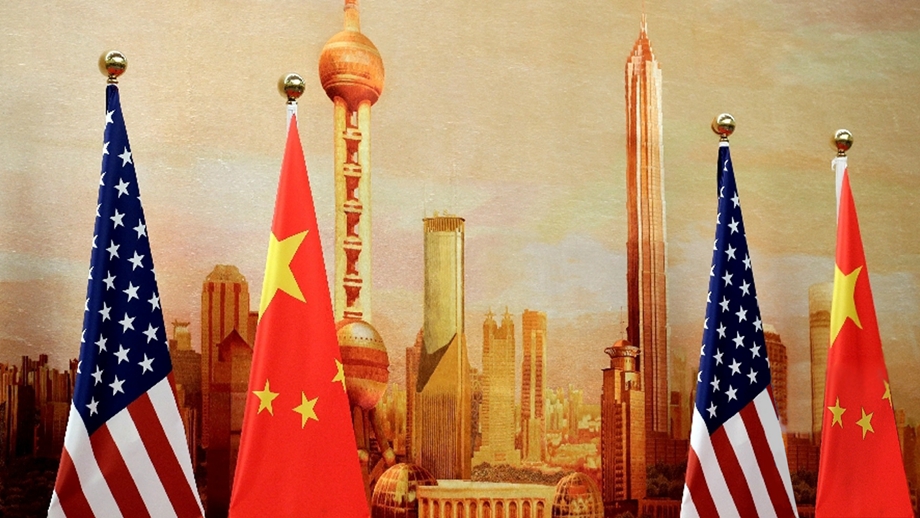U.S. groups to Biden: Stop confrontation with China

U.S. and Chinese flags are placed for a joint news conference at the Great Hall of the People in Beijing, China, June 14, 2018. /Xinhua
More than 40 U.S. organizations sent a letter to U.S. President Joe Biden and lawmakers last Wednesday, urging them to prioritize cooperation with China on climate change and curb its confrontational approach.
"While we are encouraged by stated commitments from the United States and China to work together and with other countries to enact urgent climate policies, we are deeply troubled by the growing Cold War mentality driving the United States' approach to China - an antagonistic posture that risks undermining much-needed climate cooperation," said the letter.
The groups called on the Biden administration and all members of Congress to eschew the "dominant antagonistic approach" to U.S. - China relations and instead prioritize multilateralism, diplomacy and cooperation with China to address the climate crisis.
The escalating, bipartisan anti-China rhetoric in both Congress and the White House not only damages the diplomatic and political relationships needed to move forward, but also bolsters racist, right-wing movements in the United States, fuels violence against people of East and Southeast Asian descent, said the letter.
These groups are not alone in urging U.S. politicians to reject a confrontational approach to China and pursue cooperating with China to address common issues including climate crisis.
On July 1, 28 U.S. organizations in a joint letter called on House Speaker Nancy Pelosi to help promote a "more balanced and reasonable" national security approach to competition with China and reject the one put forward in the U.S. Innovation and Competition Act that the Senate passed a month ago, which would "unnecessarily increase regional tensions."
Taking the Strategic Competition Act, which was included in the U.S. Innovation and Competition Act, as an example, the letter said the Act "contains multiple provisions that would unnecessarily increase regional tensions, endanger essential diplomatic flexibility, and could inadvertently contribute to a growing climate of anti-Asian racism in America."
With the provisions provoking excessive escalation and conflict, the letter pointed out that those would make it harder, not easier, to address issues of mutual concern ranging from climate change to nuclear proliferation.
Concluding that the provisions could "ultimately be counterproductive", the groups said in the letter that "we urge you to ensure that China-related national security legislation that you bring to the floor has been considered through regular order in a manner that permits members to fully scrutinize the legislation, debate crucial issues, and offer amendments."
(With input from Xinhua)